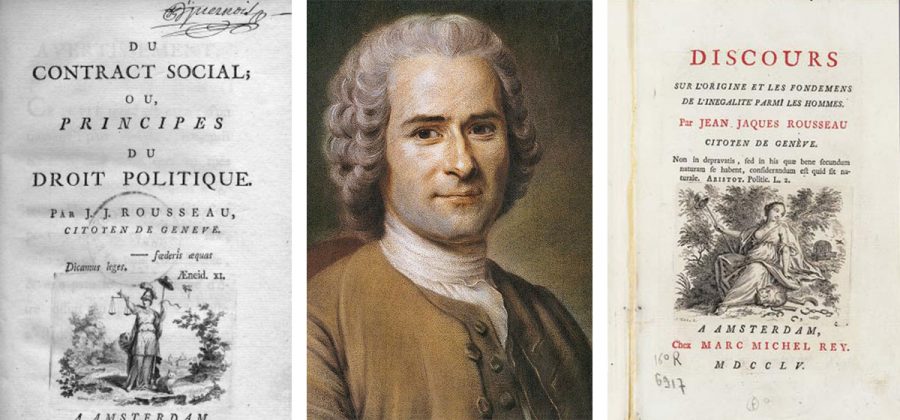


He quit after two years and returned to Paris, where he fell in love with a reportedly illiterate chambermaid named Thérèse Levasseur and decided to financially support her entire family, even though he had no money. When the French Academy of Sciences decided not to adopt his innovative system of musical notation, Rousseau ended up moving to Venice to work for the French ambassador there.

Rousseau eventually left for Lyon and then Paris to pursue his intellectual aspirations. They soon became lovers, and while Rousseau completely devoted himself to her, he was also conflicted about her parallel relationship with her butler. She took Rousseau in, funding his education and facilitating his travels around France and Italy. This led to him losing his beloved Genevan citizenship but gaining a benefactor in nearby France: the Madame de Warens, an ostentatious and sexually liberated noblewoman who dedicated her life to converting young Protestant men. He soon got fed up with these apprenticeships, so in March 1728, he decided to run away and convert to Catholicism. When Rousseau was ten, his father was forced out of Geneva because of a political dispute, and he was sent to live with a Protestant minister, and later to work as an apprentice to a notary and then an engraver. Specifically, Rousseau’s father was proud of having Genevan citizenship, which most of the city’s residents lacked, and of belonging to a community of politically active artisans who fought the small council of elites that controlled Genevan politics. His mother, who was born into Geneva’s upper classes, died in childbirth, so Rousseau was primarily raised by his father, a watchmaker who passed his trade and sense of civic virtue on to his son. Jean-Jacques Rousseau was born and raised in the Francophone city-state of Geneva, which is now part of Switzerland.


 0 kommentar(er)
0 kommentar(er)
